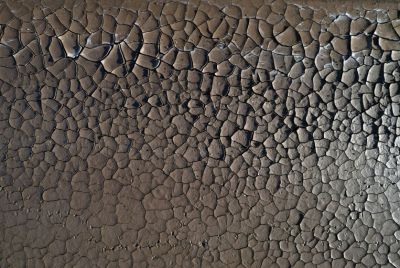Australia Urged to Diversify, Must Not Be Reliant on Chinese Demand
The savvy investor who knows how to play his cards well will opt to maintain a diversified portfolio rather than just focus on one commodity or equity to ensure steady and long-term capital gains.
The same is being advised to Australia, most especially now that China's super-power status seems to be not so super powerful at all, with cracks seen anew in its latest property market report.
John Hewson, economist and inventor of the Goods and Services Tax, said Australia's relationship with China could prove detrimental to the latter.
"It doesn't make good governance at all to be so deeply in debt to China," he said in The Herald Sun.
Australia's economic boom relied heavily on the growth of its mining and other energy-intensive industries. And China, the world's most resource-hungry country, rose to the occasion to court Australia to buy not only its products but also enter into partnerships with Australian mining firms, securing for it a steady supply of essential commodities needed for its own development and growth.
As such, China rose to become Australia's top trading partner, surpassing Japan and the U.S., when it was only second in 1988. In fact, China's appetite for its iron ore, coking coal and gold helped Australia escape a recession in the global economic slump that hit during the 2008-2009.
Dr. Hewson urged Australia to "diversify to other parts of the world" if it wants to maintain its phase of economic greatness and stability.
He also noted Australia must try to exact schemes where to source additional revenue streams and not to be dependent on its mining industry.
"Our minerals boom can evaporate and in any case that boom is not of much benefit to the economy generally," he said, adding profits culled from mining "are largely going offshore and are not staying onshore."
Dr. Hewson also pointed out the Chinese's innate nature to control prices will hurt not only Australia but also the rest of the world.
"One day, China will stop paying high prices for commodities, like Japan and Korea did before them," he warned.
The world saw a turn of events when the global fiscal meltdown started in 2008. And it continues to do so. This time, China is no longer spared.
Early this month, China reported growth in its manufacturing sector dropped in October. Its property market has likewise started to show signs of a downturn.
These developments posted a corresponding effect on the performance of Australia's exports of coal and iron ore in October, staples commodities needed to boost China's economic growth targets. Australia's index of commodity prices dropped 3.9 per cent for October, led by declines in the estimated export prices of coking coal and iron ore. It was the second consecutive drop from a record high in August. Australia's revised September index of commodity prices fell by 1.4 per cent.
https://www.ibtimes.com/articles/244379/20111107/stingy-chinese-shake-commodities-boom-turn-kaput.htm
https://www.ibtimes.com/articles/241703/20111102/rba-australia-s-exports-coal-iron-ore.htm
https://www.ibtimes.com/articles/240909/20111101/china-pmi-october-lowest-2009.htm





















